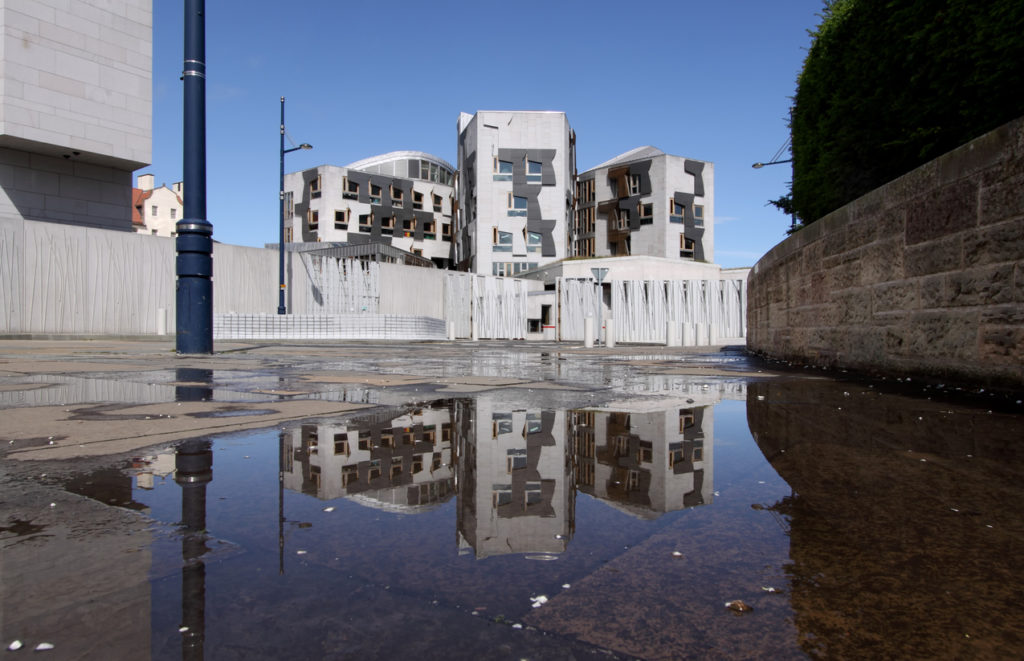We are just a day away now from one of the most consequential elections for Scotland in my lifetime. There is still, however, all to play for in terms of the potential outcome – and the consequences for devolved government in Scotland could be enormous. Caught between hard-line Tories and hard-border nationalists, the liberals, moderates and progressives in Scottish politics are looking for a better way forward.
The Conservatives have styled themselves as champions of the “Union”. The reality is that the Tories – particularly since the rise of Boris Johnson – are the best recruiting sergeants the nationalists could ask for. Our Conservative prime minister has become the single-biggest threat to the future of the United Kingdom.
Back in 2016 many people who supported keeping the United Kingdom together were prepared to give their vote to the socially moderate version of the Tories led by Ruth Davidson. Five years later you would hardly recognise the Conservatives as the same party.
For a case in point, recall the prime minister’s declaration last year that Scottish devolution was a “disaster”. As gaffes go it was one of the more ill-advised – particularly for a PM who was already unpopular in Scotland. In the months that have followed there has been no meaningful attempt at resetting the discourse on devolution, but rather an arrogant and blustering attempt to batter down checks and balances on centralised power.


Boris Johnson claims to be “minister for the Union”. You might as well have a fox declare himself “minister for the Henhouse”.
The Conservatives just don’t “get” devolution – they never have. When the Scottish parliament was established they opposed it, and they have never seemed at ease within the confines of devolved government, at a national or local level. For them authority comes from the top and if there happens to be a clash between that and what individuals at the local level want – too bad.
Unfortunately for Scotland, however, the SNP just don’t “get” devolution either.
For them, devolution starts at Holyrood and ends in the first minister’s residence in Bute House. Ever since they came to power in 2007 the SNP have taken swipes at local authorities and local control, centralising and stripping away money and power from communities. As these powers are hoarded in Holyrood, local people – particularly those in areas outside the central belt of Scotland – lose out.
Police, fire services, economic development, the list goes on. Air traffic control and local health boards are next on the chopping block if we do not change course.
The handling of the covid pandemic has shown that local control produces better governance and certainly more accountable government. Despite the spin, the centralised approach of the SNP and the Conservatives has let us down too many times. As we look to move forward and put recovery front and centre we need to look at what works.
It is time to back a more liberal approach – one that can put local powers and community control at its heart. After all, devolution was never supposed to be a one-time affair. It was never supposed to come at the expense of local communities. The lessons of devolved government can and should be applied just as well to our councils and regions.
Between two parties unwilling to allow anyone else a share of control, it’s time to take a third way – and make liberal, decentralised government the route forward. Instead of undermining devolution and local government we should be seeking to expand it. That is how we will revitalise education, our economy and our communities. If the SNP and the Conservatives are unwilling to do so then we need to empower those who will. Scottish Liberal Democrats are ready to lead that fight for our local communities – and put a bottom-up recovery first.












